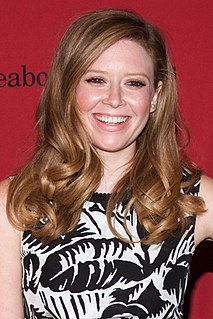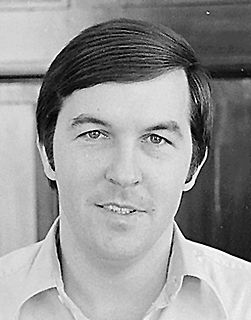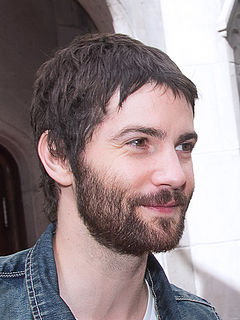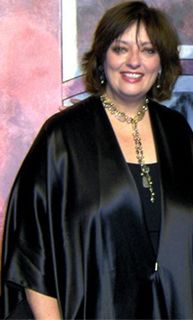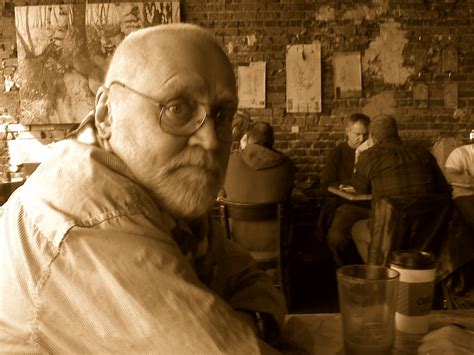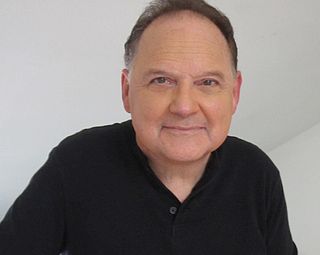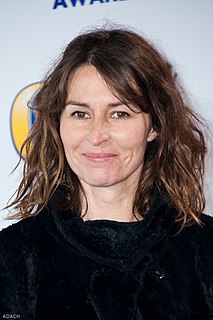A Quote by Natasha Lyonne
There's a great Albert Camus quote: 'The only way to deal with an unfree world is to become so absolutely free that your very existence is an act of rebellion.' When I first re-emerged, I was embarrassed to walk down the street. People would come up and say, 'I heard you were dead!' But I had to remind myself that a lot of the stuff I went through was pretty brutal. I'm definitely thankful that some of the rough patches are behind me.
Quote Topics
Absolutely
Act
Albert
Become
Behind
Brutal
Come
Come Up
Dead
Deal
Definitely
Down
Embarrassed
Emerged
Existence
First
Free
Free World
Great
Had
Heard
Lot
Me
Myself
Only
Patches
People
Pretty
Quote
Rebellion
Remind
Rough
Rough Patches
Say
Some
Street
Stuff
Thankful
Through
Unfree
Up
Very
Walk
Way
Were
World
Would
Your
Related Quotes
There was a time when I could walk down the street, Hollywood Boulevard or Beverly Drive, and somebody would come up to you and they would say, "Excuse me," and you'd barely hear them, and you'd turn around and you'd say, "Yeah, how you doing?" and they'd say, "I'm really sorry to bother you, but my aunt is a big fan of yours, and would you mind terribly if you'd just sign this paper," or whatever it is, and you're happy to do that, and the people are pretty nice about it.
During the '80s, those you would call the young philosophers of France, such as Bernard-Henri Lévy and [André ] Gluxman, pointed out that Camus had said things no one wanted to hear in the political arena. They said it was [Albert] Camus who was right, not those who had slid under the influence of Sartre, that is to say an unconditional devotion to Communism as seen in the Soviet Union. And ever since then the evaluation of Camus has continued to modify up until today
[on River Phoenix] I would love to see what kind of choices he would be making now if he was still around, some of the characters that he would have played. I mean, to me he was like a rock star, you know, he had it all: he had the looks, he had a great name, he had an attitude, an energy, an excitement about him. He was instinctively like a, he was a rebel, you know? He was kind of Bob Dylan to me, at times, and he had a lot to say. And I've never seen too many interviews by him, but the ones that I saw were pretty electric, pretty... he was switched on, definitely.
We were always told we were one step behind Deep Purple, one step behind Led Zeppelin, one step behind everybody. Our manager didn't want to let us know how popular we were. It's only after we did Ozzfest that people started telling me stuff. I thought they were taking the piss. People would come up to me and go, "Respect."
People think it must be wonderful being in movies or on television, but it can be very tough on a child. I had two friends in elementary school. That was it. There was a clique of girls that were brutal to me. They pulled some very mean stuff. My two friends got me through it. Without them, I would have been all alone.
The early 2000s for me were a very emotional time, politically. I'd been through Reagan and been through first Bush and Clinton, and it's not like I had an easy time through those years. But I just thought it was particularly rough. I have to say the World Trade Center attack was very weird for me. The events that followed were worse. It was a really long swath of time.
